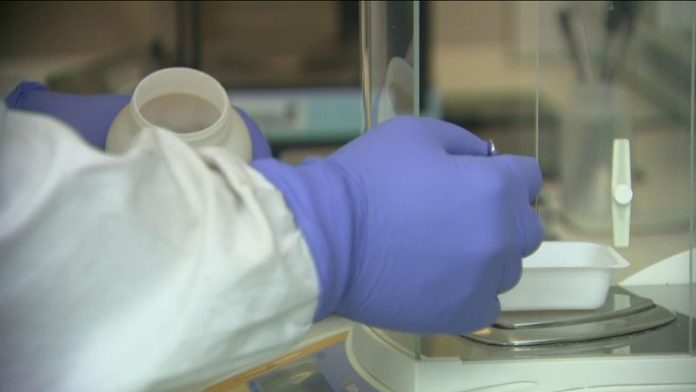A new form of Covid-19 test which can produce results in just 15-30 minutes is set to be rolled out across the globe, the World Health Organisation (WHO) has announced.
The test will provide results in 15-30 minutes, rather than hours or days, and dramatically expand the capacity to detect coronavirus cases in low- and middle-income countries, the global health body said on Monday.
It is hoped that will allow health care workers to get a better grip on where the virus is circulating in poorer countries and therefore assist containment efforts.
The development comes as the global death toll from Covid-19 continues to climb having now already surpassed the one million mark.
How does the new test work?
The antigen-based rapid diagnostic tests are being produced by two drugs manufacturers – Abbott and SD Biosensor – and work by detecting proteins found on the surface of the virus.
The tests look similar to pregnancy tests and can yield results within 30 minutes, simply displaying two blue lines for a positive result.
How do they differ from other tests?
The main difference between rapid-antigen tests and nasal/throat swabs and finger-prick blood tests is the antigen tests do not require laboratory processing to produce results.
This means they are able to detect coronavirus infection within minutes, compared to the hours or days necessary for the genetic tests, known as PCR tests, to turnaround results.
They are also far cheaper, with each test costing just 5 US dollars (£3.90) each for low- and middle-income countries, however, they are generally considered less accurate than laboratory-based tests.
The companies which manufacture the tests claim they are about 97 per cent accurate, but that is in optimal conditions.
The non-profit Foundation for Innovative New Diagnostics (Find) puts their sensitivity between 80 per cent and 90 per cent in real-world conditions.








